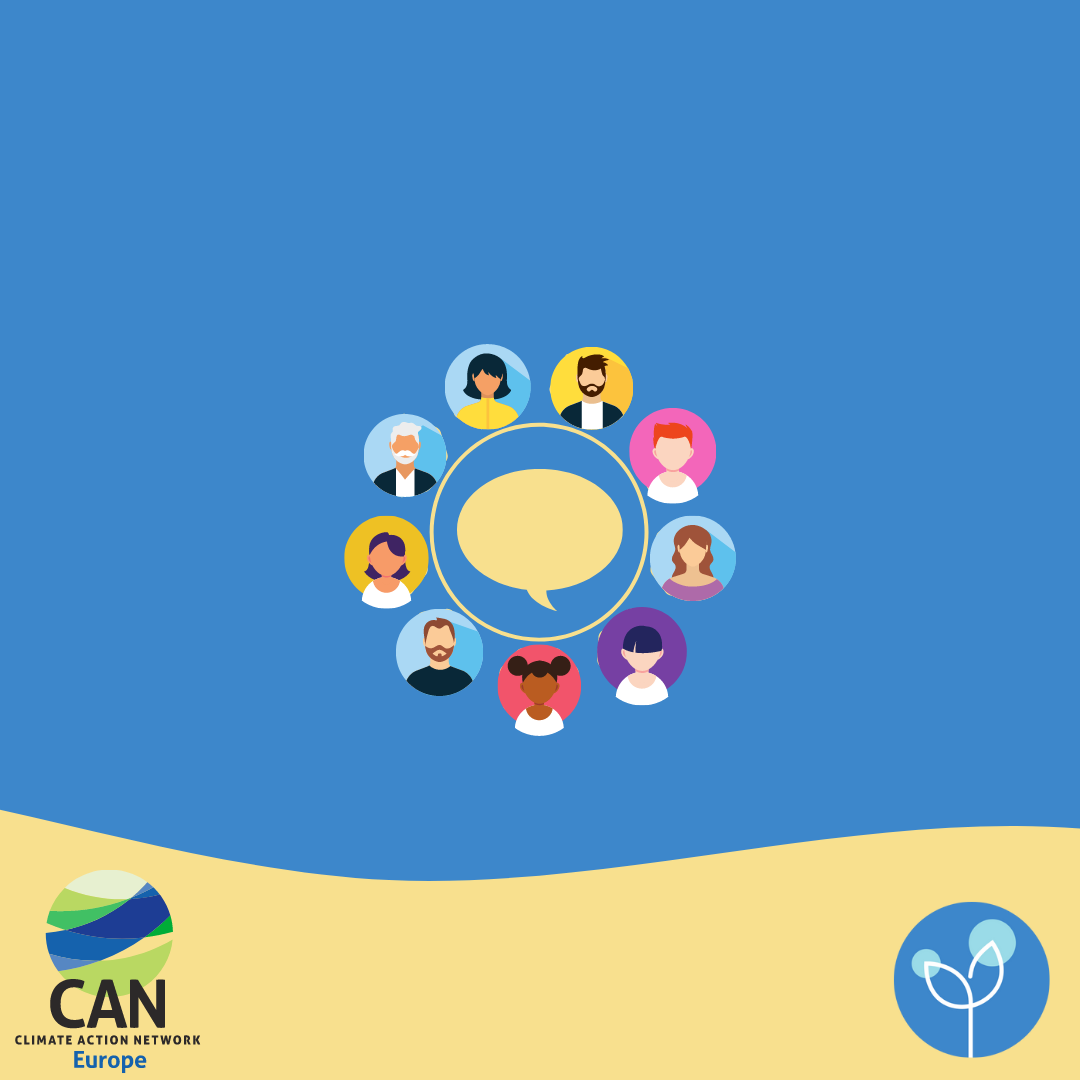Climate change has serious implications for mental health, especially for young people, for whom thinking about the future is not always as exciting as it should be. It is clear, in fact, that young people and future generations will pay the consequences of centuries of exploitative practices that are leaving an inhabitable planet, as damage costs of climate change are likely to increase over time.
For these reasons, on 25 April 2022, a few days after the Earth Day, Generation Climate Europe (GCE) and Climate Action Network Europe (CAN Europe) invited representatives of different generations of climate activists to join the online event “Intergenerational conversations around eco-anxiety: how are you feeling, really?”. The event created a safe space to talk about the different emotions that emerge facing the climate crisis and encouraged mutual understanding among different generations, who might filter the climate crisis with different lenses.
In fact, despite not having caused the current climate crisis, young people are too often the only ones who advocate for the interests of future generations, and they feel all the burden of it. “Overwhelmed, scared, exhausted, anxious, drained, hopeless, depressed. This is just a glimpse of how many of us feel today. That is exactly why we need to have these kinds of intergenerational dialogues between people of different ages and backgrounds to connect and strengthen our collective hope for the future”, says Jessica Den Outer, Youth Engagement & Mobilisation Consultant at CAN Europe.
The need to connect with youth becomes crucial, not only to explore the diversity of experiences, but also to give a platform to youth voices, hopes and concerns. And this is particularly relevant in 2022, the European Year of Youth. In this sense, the event has been an opportunity for all participants to share their feelings and demands when it comes to the future they would like to foresee. The need to reconnect with nature, the wish to celebrate environmental victories and to ensure that future generations have equal rights as present ones are shared by all generations. We all need a future in which people and the planet can thrive. And for that to happen, we need to make sure that conversations among different generations and backgrounds keep happening!
Written by Erika Strazzante

